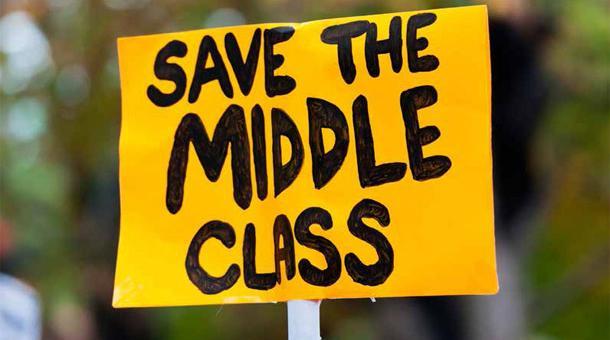The Federal Communications Commission is giving cable TV companies until Nov. 1 to comply with a rule requiring them to offer CableCARD self-installation to customers, but telecommunications industry analysts claim the directive supports outdated technology.
Consumers can use the technology with any CableCARD-ready device (such as a television or retail set-top box) anywhere in the country, regardless of the system operator. This saves the consumer the cost of installation.
Under FCC rules that went into effect this August, cable companies must provide consumers with accurate information about CableCARD, offer professional installation services, and give discounts to consumers who provide their own CableCARD-ready devices. An FCC advisory said the agency “would strictly enforce” the new rules.
Cox Communications and Verizon already offer self-installation, and Comcast is close to offering it. The self-installation option saves companies the expense of having technicians install the devices, and the technology exists today to handle the interoperatability the cards will provide through downloadable software.
Software Requires Less Energy
“These things have been around for a while,” says Steve Titch, a telecom analyst for the Reason Foundation, a libertarian research group based in Los Angeles. “The CableCARD is supposed to make the cable service more affordable because it would eliminate the need for a cable box.”
However, the set-top box, whether purchased outright or leased from a cable company, is still an energy waster because it draws power constantly, Titch points out. That’s another reason a software solution makes more sense than what the FCC is mandating, he said—it requires less energy.
Brian Hurh, an associate with Davis Wright Tremaine in Washington, DC, agrees the FCC rule is just a stopgap, “The CableCARDs were only supposed to address short-term issues. They [providers] will always be looking at new technologies”
Reduced Interactive Capabilities
Although it offers digital interoperability between different cable companies, the CableCARD won’t offer the same experience as the cable company’s leased equipment, because it won’t offer certain two-way interoperability for on-demand and other interactive services.
Hurh doesn’t expect the November deadline to present any major problems for cable operators. “The final rules actually came out last October. They [cable operators] were only waiting for the final effective dates.”
Many of the operators, including Comcast and Verizon, have already moved ahead with their CableCARD distribution plans.
“This shows how long it takes to get regulation through the FCC,” said Titch. “By the time they are ready to enact legislation, the technology is already dated.
“I’m not sure this offers any real benefits,” Titch added. “I’ve had my DVR for a few years, and it works fine without a CableCARD.”
Phil Britt ([email protected]) writes from South Holland, Illinois.




